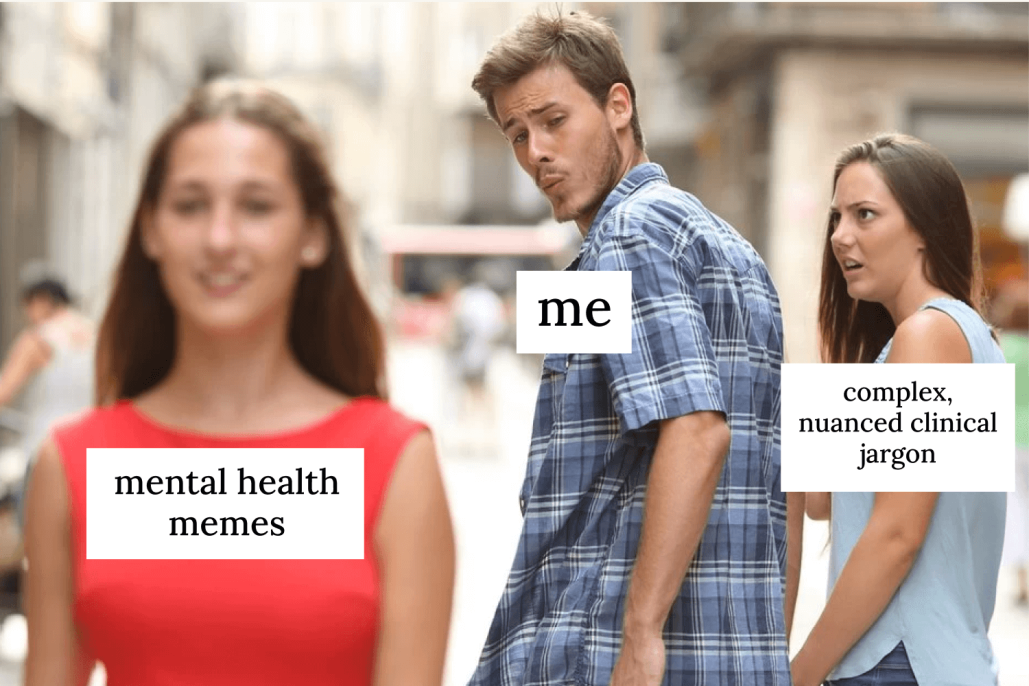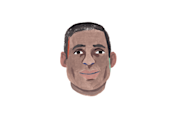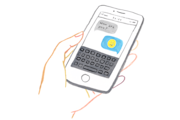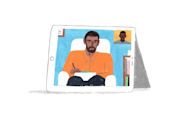Mental health memes and funny therapy memes shared on Instagram, TikTok, Twitter, and Facebook don’t require an appointment or a co-pay.
Therapy memes make us smile or laugh out loud as we learn about mental health disorders we may never even have previously realized we were experiencing.
In addition to being funny, therapy memes and mental health humor can feel incredibly relatable.
Mental health memes practically beg to be shared with our besties, our partners, and even our therapists.
In addition to being funny, therapy memes and mental health humor can feel incredibly relatable.
The snackable visual, social, and humorous aspects of mental health social media may be a more accessible and lighthearted entry point to confronting and discussing mental health topics—particularly when we don’t have enough time to read longer, more in-depth mental health articles.
Social media memes may also help reduce mental health stigma.
What are mental health memes?
Even if you weren’t aware what they were called—you’ve almost certainly seen some mental health memes shared on Instagram, Twitter, or Facebook.
Therapy memes depict serious mental disorders that aren’t typically funny topics.
Mental health memes are social media posts where the creator combines photos or illustrations with text and biting or sarcastic captions describing mental health experiences and specific conditions.
Therapy memes depict serious mental disorders that aren’t typically funny topics—from memes about mental breakdowns, to depression memes, ADHD memes, anxiety memes, and OCD memes.
Though they aren’t entirely new, therapy memes and mental health memes have gained tremendous popularity on social media in recent years.
Americans’ Google searches for mental health memes started spiking 6-7 years ago, according to Google Trends data.
Examples of mental health memes and funny therapy memes
Shared on Instagram by @binchcity in 2021, the ADHD meme below received 25,000 likes.
It’s one of more than 40 million images on Instagram tagged #mentalhealth.
A woman appears to be in overdrive—typing, vacuuming, and posing all at once.
Shared on Instagram by @binchcity in 2021, the ADHD meme below received 25,000 likes.
She stares both into the camera and away from it, simultaneously smiling, serious, and stone-faced.
The caption says: “I can only complete tasks if the vibes are exactly right. It’s called having ADHD.”

This particular mental health meme may seem ridiculous—or even rude—or maybe it captures a feeling or perception you’re familiar with.
Twenty-five thousand people on Instagram couldn’t be wrong, could they?
Many creators of mental health memes say they began crafting the images as a way to process and deal with their own mental health disorders and symptoms.
Erin Taylor, the creator of @atmfiend on Instagram, told Mashable that making, sharing, and taking part in the community around mental health memes helps her work through her own mental health struggles.
Many creators of mental health memes say they began crafting the images as a way to process and deal with their own mental health disorders and symptoms.
What do you think—is mental health social media amusing, beneficial, annoying, troubling—or all of the above?
And, what do therapists think? Read on, and we’ll find out.
Social media’s impact on mental health
For those who discover therapy and mental health memes on social media, these memes may serve as a catalyst to learn more about mental health and even to pursue therapy.
That said, mental health memes' rise in popularity has brought increased scrutiny and attention.
The impact of social media on the wellbeing and mental health of teens and adults has been the subject of numerous studies.
As a 2021 Wall Street Journal article on Facebook and Instagram details, social media is having toxic effects on the health of teen girls.
Mental health memes' rise in popularity has brought increased scrutiny and attention.
Social media’s impact on adults can be dire as well—there are even digital detox retreats to help break social media addiction.
Mental health memes can also leave some individuals who view them feeling worse.
In a 2021 Refinery29 article, Eleanor Morgan points out that therapy memes can be harnessed for profit by opportunistic influencers-turned-life-coaches.
According to Morgan, seeing memes on mental health topics pop up unexpectedly in our Instagram feeds can be triggering.
Let’s find out what mental health professionals think.
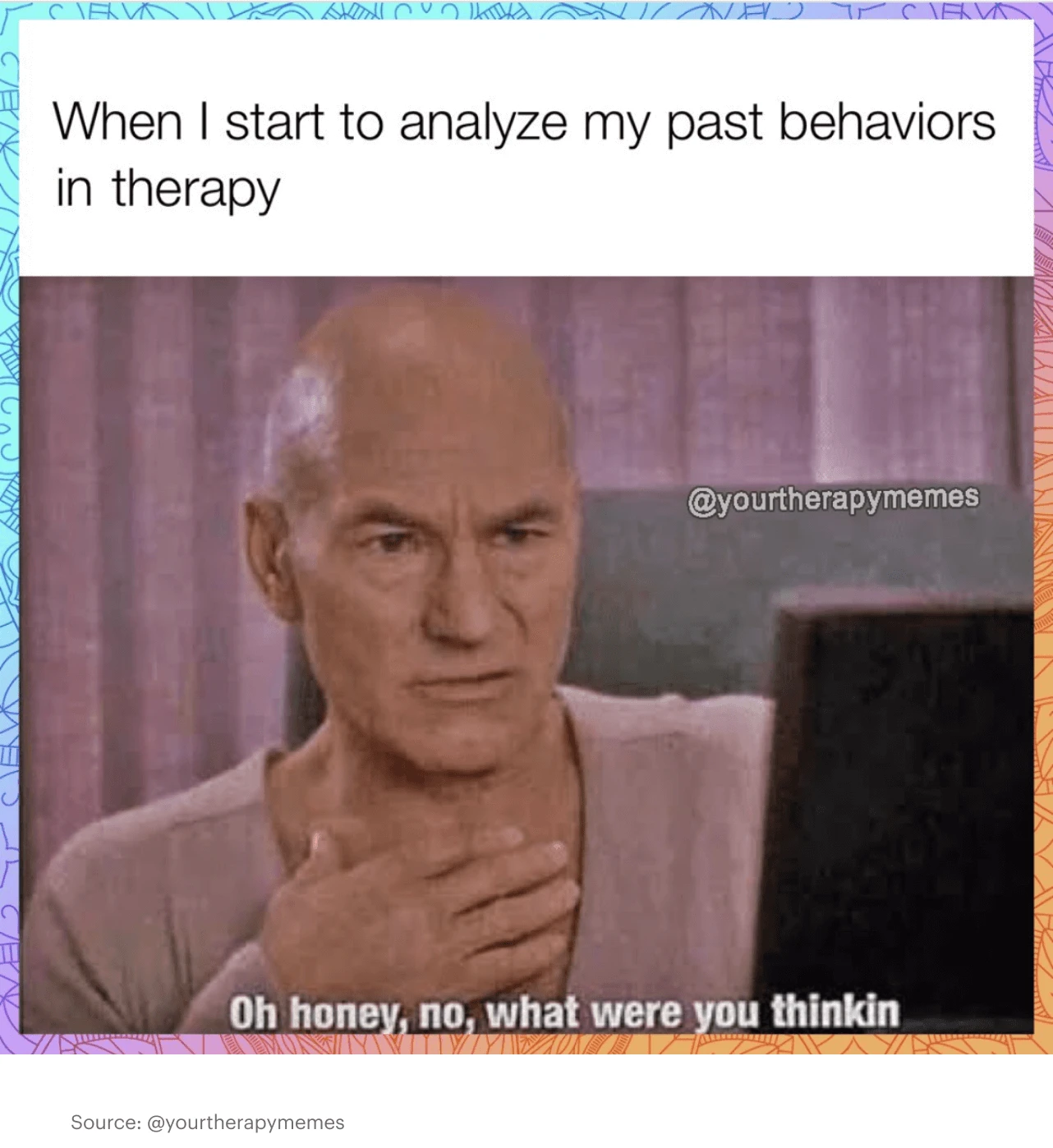
What do therapists say about mental health memes and funny therapy memes?
“I love mental health memes,” says therapist Greta MacMillan, LCSW. “I follow so many accounts.”
MacMillan explains that she often shares mental health memes with her clients.
“They’re a really good way of getting important information out there to people,” she says.
Sometimes there’s quite a bit of detailed information shared during a therapy session.
MacMillan believes therapy memes can help distill complicated topics—making them “easier for people to digest.”
Clients may leave uncertain of how to parse and act upon the advice and information they’ve just received.
MacMillan believes therapy memes can help distill complicated topics—making them “easier for people to digest.”
In particular, she describes a mental health meme about setting boundaries. MacMillan says she often shares this meme with her clients, because it’s “super succinct” in conveying necessary and nuanced information.
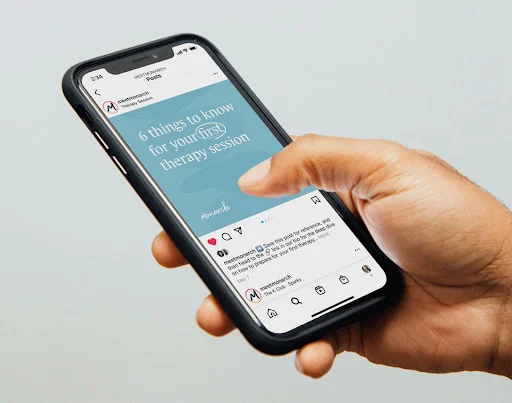
She describes these funny images’ clarity of communicating complex ideas as one of the keys to their functionality.
Images that can help to explain a mental health experience can serve as a complement to more in-depth and comprehensive discussions.
MacMillan’s clients have told her they find the mental health memes she shares helpful.
“I have found that many teens and young adults benefit from mental health memes,” says therapist Minon Maier, LMFT. “Most teens are brought to therapy by parents, not necessarily their own choice, and being able to talk about memes is helpful in validating and normalizing their experience.”
Maier says there are times when clients have shared memes in session to help articulate how they feel.
“It’s a great opportunity to build rapport with clients and to process underlying feelings, needs and wants,” she explains.
“I’ve found that I’m able to help clients process at a deeper level because the meme has opened a door to underlying hurts,” Maier explains. “So, when clients share a meme with me, I feel honored that they trust me.”
Therapist Ellen Biros, MS, LCSW, agrees memes can be beneficial and illuminating.
You might meet people through interacting with a mental health meme, because the social media around the meme can become like a support group.
“Just like analogies and metaphors, memes can make understanding mental health topics easier for clients,” Biros says.
“Memes certainly are no replacement for therapy,” points out therapist Jessica Angley, LPC. “But, that said, I appreciate the memes directed at people in therapy.”
Angley believes that viewing therapy social media memes may help to alleviate some of the stigma around mental health and therapy.
“Seeing that others go to therapy and being able to relate to their reasons, cuts down on the stigma and might make it easier to accept the idea of going to see someone,” she says.
Angley shares that some of her clients have communicated with her about important topics using mental health memes.
“A client once sent me a meme about their therapist asking them if they're taking their meds,” says Angley. “It gave me an opening to ask if she was taking hers, and she wasn't! The meme had given her a way to start that conversation with me.”
According to a 2020 study, depression memes can be helpful for people experiencing depressive symptoms.
”When I was in my twenties none of this was out there,” MacMillan says.
She believes it would’ve been helpful to be able to go online and be immediately connected with people whose experiences reflected her own.
According to MacMillan, you might meet people through interacting with a mental health meme, because the social media around the meme can become like a support group.
Maier says there are times when clients have shared memes in session to help articulate how they feel.
2 types of therapy memes
There are two basic types of mental health memes, although they often overlap.
Informational mental health memes
MacMillan says the boundary-setting graphic she shares with her clients falls into this category.
“Informational memes are really helpful to help explain a diagnostic label, or describe a set of symptoms,” she says.
Often using eye-catching design and slang and colloquial terms, informational memes present facts about a mental health disorder, coping strategy, or specific symptom.
Informational mental health memes might also break down a breathing or visualization exercise or offer tips for recognizing everything from an unhealthy relationship dynamic to a the signs and symptoms of a panic attack.
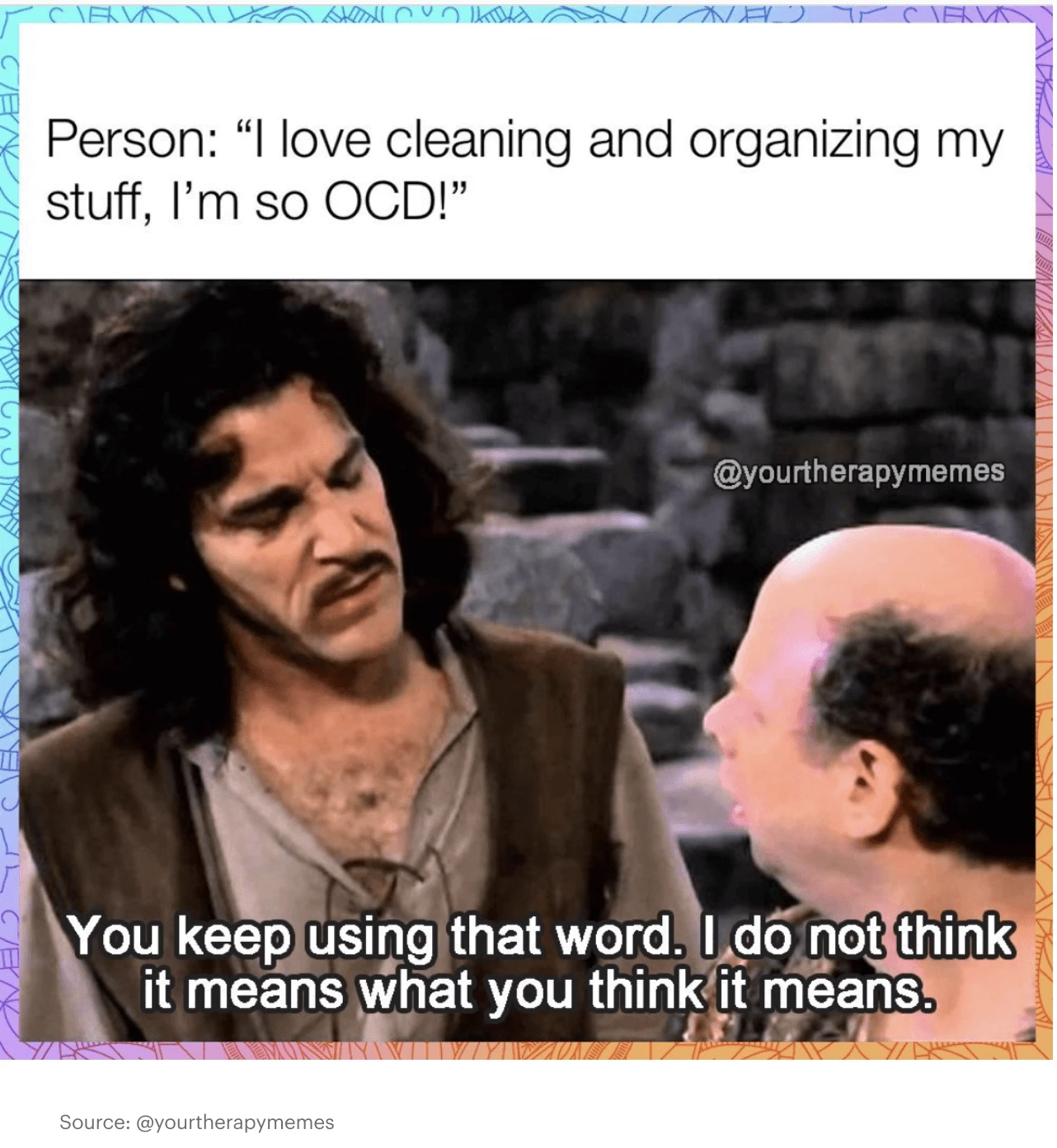
Funny mental health memes
The other category of memes is simpler—basically, they’re jokes.
The ADHD meme mentioned at the beginning of this article uses humor to make a point that—if the large number of likes and comments on the photo are any indication—many people with ADHD seem to relate to.
In addition to spreading information and providing a needed dose of humor, mental health memes can help normalize people’s experiences and build camaraderie.
MacMillan says she often employs dark humor in her own practice, as well as when grappling with trauma she has experienced in her own life.
She’s witnessed first-hand how laughter can serve as a coping and bonding mechanism.
As MacMillan explains, in addition to spreading information and providing a needed dose of humor, mental health memes can reduce the stigma around mental health and help normalize people’s experiences and build camaraderie.
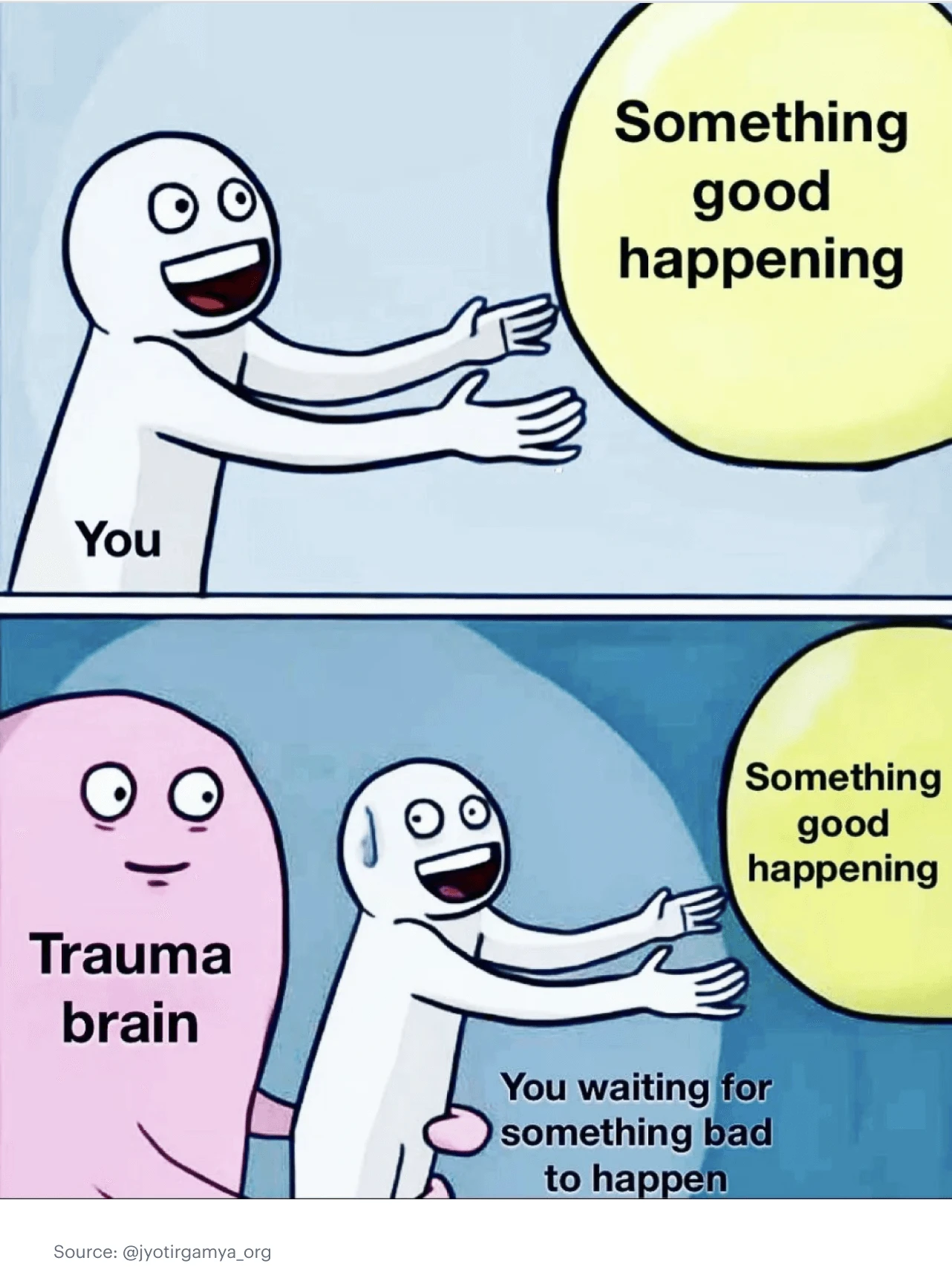
Therapist concerns about mental health memes
Angley warns about some potential downsides to watch out for with consuming and sharing mental health memes on social media.
“There are some really dark memes and meme accounts out there that aren't as helpful,” she says. “When we get into the realm of self-deprecation, that's where the laughs stop for me.”
Angley says she’s chosen to unfollow several mental health meme accounts to protect her own mental well-being.
“I saw one meme that said something like ‘The number of mental health memes I share is inversely correlated with the quality of my mental health,''' she explains. “For some people, sharing mental health memes can be a low-key way of signaling that they're not doing well and that they could use a friend.”
And while Angley acknowledges it can be difficult for those who are in pain to reach out for help in a serious way, she doesn’t recommend using memes to communicate with your friends, relatives, and loved ones during times when you're struggling.
Additionally, because online conversation on a screen can flatten out nuance in a discussion, MacMillan says it’s important to maintain a degree of caution and not accept all social media meme posts–and comments left on the posts–as truth.
“Not everyone who interacts with a mental health meme may truly understand or respect the experience it's depicting,” she points out.
Ultimately, though, MacMillan concludes: “The benefits outweigh the negatives.”
How to find a therapist and book a therapy session
Maybe all these mental health memes have you thinking about checking in on your mental health with a therapist.
The Monarch Directory by SimplePractice can help you find a therapist aligned with your specific needs and goals.

You can search for areas of specialty such as anxiety, PTSD, depression, or grief.
For example, you can quickly find all the therapists in New York City who specialize in anxiety or all the therapists in Oakland who specialize in depression.
Additionally, find therapists who accept your health insurance plan or therapists offering telehealth video appointments and 15-minute free initial consultations.
READ NEXT: Could I Be Addicted to Social Media?
Need to find a therapist near you? Check out the SimplePractice Monarch Directory to find licensed mental health therapists with availability and online booking.
Akram, U., Drabble, J., Cau, G., Hershaw, F., Rajenthran, A., Lowe, M., Ellis, J. G. (2020). Exploratory study on the role of emotion regulation in perceived valence, humour, and beneficial use of depressive internet memes in depression. Scientific Reports, 10(1). https://doi.org/10.1038/s41598-020-57953-4
Vogels, E. A. (2021, June 22). Digital divide persists even as Americans with lower incomes make gains in tech adoption. Retrieved from Pew Research Center website: https://www.pewresearch.org/fact-tank/2021/06/22/digital-divide-persists-even-as-americans-with-lower-incomes-make-gains-in-tech-adoption/

